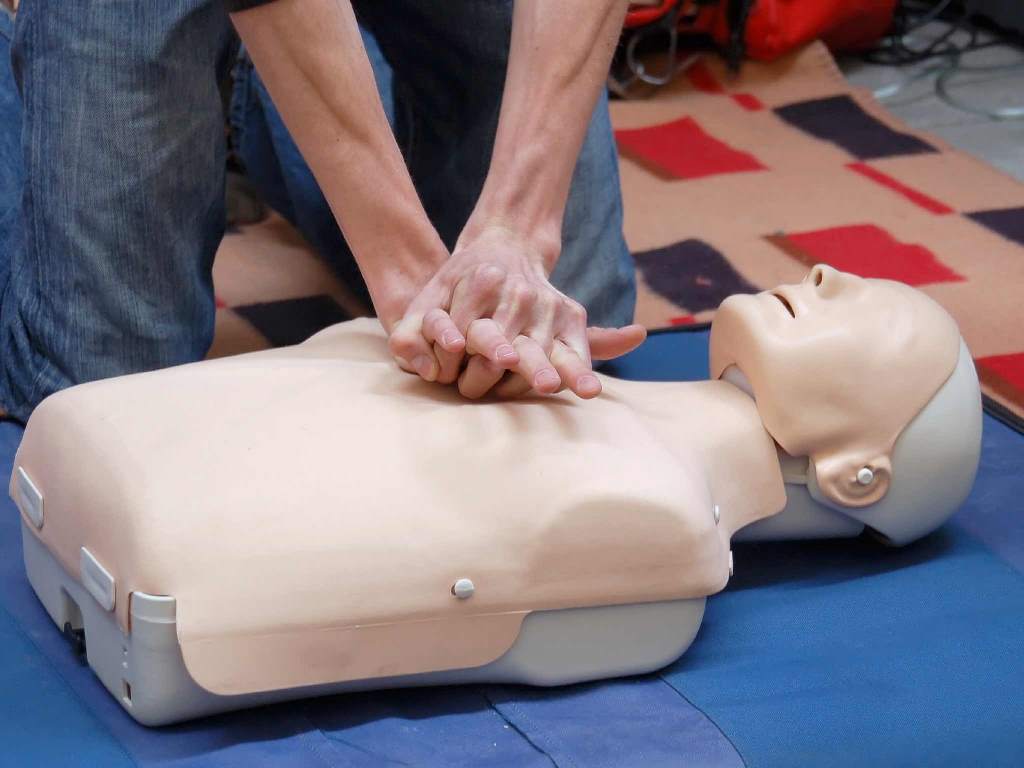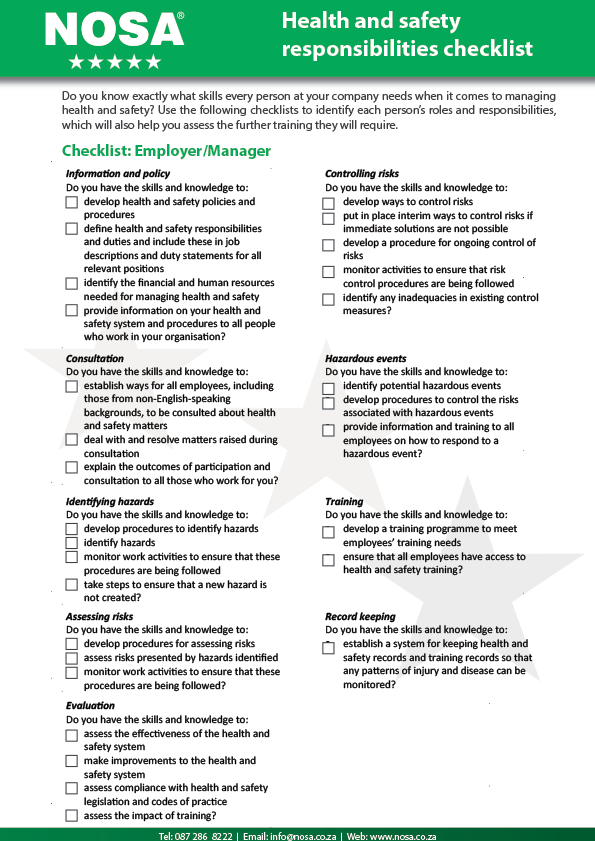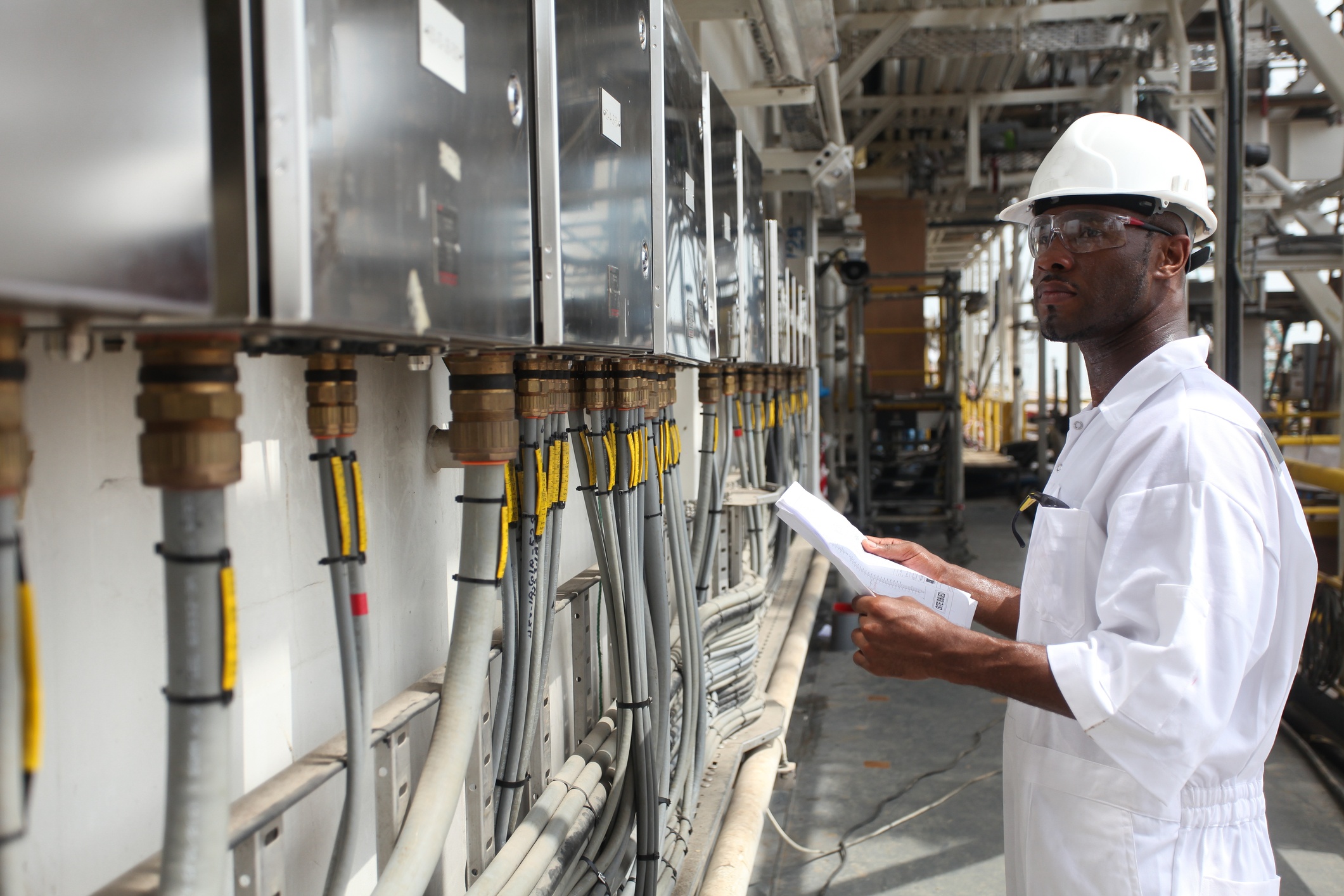Perhaps the title of this blog is a little misleading. We are not saying that the following are unsafe actions unique to South Africa – rather, these are some of the most glaring and unsafe trends that occur (and recur) in the country. Along with highlighting them, we offer some tips on how to ensure you (and your employees/colleagues) are not guilty of perpetuating them.
Sometimes you may find it tough to talk to your boss about workplace safety, but it’s important and it has to be done. Employers need to know about workplace hazards so they can take the necessary steps to implement policies and procedures to protect you and your fellow employees.
The few minutes it takes to talk and find a solution is nothing compared to the impact if you don’t alert your boss to a hazard and this inaction results in an injury (or worse, fatality). But, sometimes it’s just about finding the right approach when it comes to how best to broach the subject with your particular boss.
Here are six simple tips to help you start the conversation…
Topics: Career in Health and Safety
Health and safety is everyone's responsibility, but knowing exactly what each person in your organisation needs to focus on is the key to ensuring that no health and safety concerns fall through the cracks.
NOSA has put together this useful checklist you can use to make sure your health and safety training is up to scratch, whether you're a health and safety manager, or a layman on a worksite. Use this guide to keep safe.
Topics: Career in Health and Safety
6 simple reasons your training provider needs to be accredited
We all know that providing health and safety training is good for business because in health and safety:
- Training is a sound investment
The money you spend on health and safety training saves money in the long term. A workplace that is not healthy and safe may have to face insurance claims, medical bills, higher insurance premiums, replacement labour costs and lost productive time.
- Training is not optional
The law states that as an employer you are responsible for providing health and safety information and training to your employees.
- Training is responsible
Training reduces the risk of pain and injury at work.
Sometimes, it may feel as though being obliged to use an accredited training provider is just another hoop to jump through. Why is it really important to use a training provider that is accredited, as opposed to merely looking for the most convenient trainer? Here are SIX simple but compelling reasons…
Topics: Career in Health and Safety
Why the health and safety industry is a viable career option
Have you ever considered a career in health and safety? In general, health and safety professionals are passionate and committed to their jobs, but very often it is a career path they fell into as opposed to planned. BUT, the good news is health and safety offers a range of opportunities, and a lifetime career path that will build on your professional skills set.
If you are considering a career (and not just a job) in health and safety, we answer the following common five questions to prepare you for what to expect.
-
Where do health and safety professionals work?
Occupational safety and health professionals are employed in both the public and private sectors to ensure the safety and productivity of working environments. They are found in a variety of settings including offices, construction sites, mines and factories.
Topics: Career in Health and Safety








